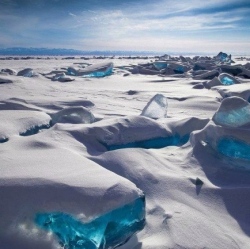
Attempts to reverse the impacts of global warming by injecting reflective particles into the stratosphere could make matters worse, say researchers. A new study suggests the idea, seen as a last-ditch way to deal with runaway climate change, could cut rainfall in the tropics by 30%.
This would have devastating impacts on rainforests in South America and Asia.The research has been published in the journal Environmental Research Letters.
The concept of curbing rising temperatures by blocking sunlight has been discussed by scientists for many years now.
Some of the ideas have been dismissed as crazy notions, but others have been taken more seriously.
One of the most credible plans involves using reflective particles called aerosols to reflect solar radiation away from the Earth.
This happens naturally when volcanoes erupt, sending plumes of ash into the stratosphere, as with Mount Pinatubo in the Philippines in 1991.
Now a team at the University of Reading have modelled the impacts of a large-scale injection of sulphur dioxide particles at high altitudes around the equator.
